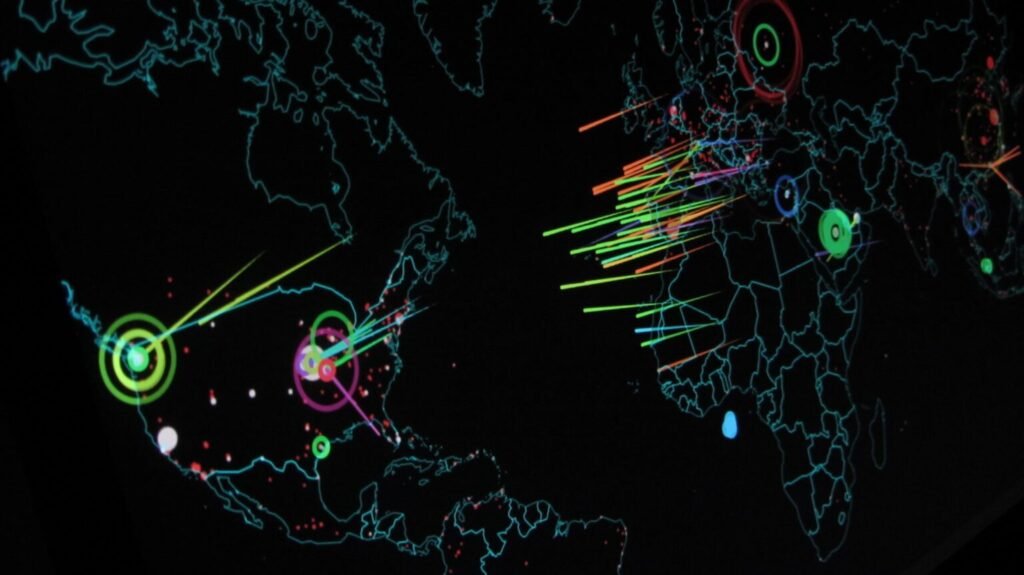State-sponsored cyber warfare has emerged as a formidable and pervasive threat in the digital age. This blog post delves into the alarming world of state-sponsored cyber attacks, revealing the latest statistics and shedding light on the evolving global threat landscape. Brace yourself as we uncover the hidden dangers and geopolitical ramifications of this sophisticated form of cyber warfare.
A Pervasive Threat: State-sponsored cyber attacks have witnessed an alarming increase, highlighting the growing ambition of nations to exploit cyberspace for political, economic, and military gain.
Geopolitical Motivations: State-sponsored cyber warfare is often driven by geopolitical motives, aiming to achieve strategic advantages or disrupt adversaries. Attacks include cyber espionage, sabotage, and disinformation campaigns targeting critical infrastructure, governments, and private enterprises.
Advanced Persistent Threats (APTs): Sophisticated APT groups, backed by state entities, orchestrate highly targeted and prolonged cyber campaigns. These threats employ advanced techniques, including zero-day exploits, social engineering, and stealthy malware, to infiltrate networks and exfiltrate sensitive information.
Collateral Damage and Global Impact: State-sponsored cyber warfare can result in collateral damage, impacting interconnected systems, financial markets, and international relations. Collaboration among nations is crucial to establish norms and agreements to deter and respond effectively to these threats.
Technological Advancements and Offensive Capabilities: The rapid evolution of technology has enabled nations to develop offensive cyber capabilities. Sophisticated attack techniques, including zero-day exploits, advanced malware, and AI-driven tools, empower state-sponsored actors to wage cyber warfare on an unprecedented scale.
Strengthening Cyber Defense: To mitigate the risks posed by state-sponsored cyber warfare, nations and organizations must invest in robust cybersecurity defenses. This includes developing resilient network infrastructure, implementing threat intelligence programs, conducting regular vulnerability assessments, and fostering international collaborations to combat common threats.
Conclusion: State-sponsored cyber warfare represents a growing menace that demands global attention and proactive measures. By understanding the evolving threat landscape, fortifying cyber defenses, and prioritizing international cooperation, we can effectively deter and respond to this complex challenge. It is imperative to remain vigilant, adapt to emerging tactics, and prioritize the security and integrity of our digital ecosystems in the face of state-sponsored cyber warfare.

